
Visiting Assistant Professor Jeffrey Omari, an African-American, saw red – in his peripheral vision. A student walked into his classroom wearing a MAGA hat.
Given the large number of college students who lean to the left politically, I’m always pleased to see a young person wearing a MAGA hat. But for many, the mere sight of a MAGA hat triggers a visceral reaction, as it does for Professor Omari.
For Omari,
MAGA is an undeniable symbol of white supremacy and hatred toward certain nonwhite groups.
For its supporters, MAGA indexes an effort to return to a time in American history when this country was “great” for some—particularly, propertied white men—but brutally exclusionary for others, most notably women and people of color.
Thus, in that moment, I was unsure whether the student was directing a hateful message toward me or if he merely lacked decorum and was oblivious to how his hat might be interpreted by his black law professor. I presumed it was the former. As the student sat there directly in front of me, his shiny red MAGA hat was like a siren spewing derogatory racial obscenities at me for the duration of the one hour and fifteen-minute class.
“His shiny red MAGA hat was like a siren spewing derogatory racial obscenities at me.” Hmmm.
I find that to be extreme, but I suppose one’s feelings are one’s feelings.
He noted that he had taken an informal survey of his colleagues and none had ever had a student wear “such propaganda” in their classrooms. He wrote, “This furthered my contention that this student was indeed trying to intimidate and/or racially antagonize me.”
Omari carries on for quite a while detailing his inner turmoil over the student in the red hat. Is this just a really severe case of Trump Derangement Syndrome?
Omari considers what course to take. IANAL, but the way I see it, his only option is to accept that, once in a while, he will be forced to sit in a room with an individual wearing a MAGA hat. What the hell else can he do?
In the end, he wrote an op-ed in the ABA (American Bar Association Journal) and took no further action.
The full op-ed can be viewed here.
At any rate, Paul Caron, the Dean of Pepperdine University School of Law, decided to ask several law professors to weigh in on the situation. Here’s what they had to say.
Howard Wasserman (Florida International)
He called Omari’s reaction “absurd.” As long as school’s rules allow “students to wear a baseball hat with any political message in the classroom, in what way did this student fail to meet his “professional expectations”? Other than by wearing a hat with a message the prof does not like.”
Jonathan Turley (George Washington)
“[Professor Omari’s op-ed] demonstrates the increasingly shrill environment faced by conservative students. Omari took to the pages of the Journal to recount his almost breathless encounter with a student wearing a “Make America Great Again” (MAGA) hat. Most of us are used to students wearing political hats and teeshirts. I am always happy to see students with such clothing because it shows that they are engaged and passionate regardless of their views. For Omari, the incident was chilling since he declares the MAGA hats worn by many conservatives to be per se racist symbols. Omari insisted that anyone wearing the hats are advancing “racial antagonism” since they are an “undeniable symbol of white supremacy.” …
The mere fact that some kid wears a MAGA hat does not mean that he is a racist or that he is trying to racially intimidate an African-American professor. Omari simply concludes that the hat was by definition improper and inciting but that he would receive no support given his position and race. … Omari assumed that the interpretation of the hat (which is not shared by many) was manifestly true. This is part of the trend that we have discussed on campuses where speech is being curtailed as racist or microaggressive based on how it is perceived by others as opposed to how it is intended. In this case, the hat has different meaning to different people. Yet, Omari believes that it should have been barred from the classroom.”
Scott Greenfield (Simple Justice)
“The problem isn’t that Omari is wrong in his “undeniable” belief, but that his belief doesn’t dictate what is allowable by others or what others mean by the monumentally banal act of wearing a hat reflecting the political views of millions upon millions of perfectly nice Americans.
As the professor, one could fairly respond to Omari to grow up, suffer the indignities of his feelings and do his job without his self-serving snark and deep hurt at a hat. Or, if one is of the view that the person feeling most victimized gets to set the rules for his oppressors, shift the burden to student to meet Omari’s claim of legal professionalism by removing the trappings of his political sensitivities.
Who is responsible for Omari’s feelings? When did a hat become so powerful that it made grown men cry and write polemics, even if in the dulcet tones of the Academy? Which tribe feels their claim of victimhood entitles them to dictate to the other half a nation what they’re allowed to wear lest they’re insensitive, racist or both?”
Marty Lederman (Georgetown)
“[W]as it reasonable for Omari to see the MAGA hat as such a symbol, given its common usage in the past few years? And, more to the point, was his student being at least insensitive, or “oblivious,” to the fact that his African-American teacher would likely view it as such?
Even if one were to answer both of these questions “yes,” it would not mean, of course, that the teacher or school should prohibit the cap–and Omari doesn’t suggest otherwise. But wouldn’t it mean that the student acted inappropriately here, in a manner that warrants at least some criticism, even if the student himself did not intend to convey such a message?”
Scott Fruehwald (Legal Skills Prof Blog)
“[T]he ABA article was not appropriate. Students and probably professors at Gonzaga can certainly identify the student. A professor has publicly shamed a student when his actions were probably innocent. A professional teacher does not do this.”
But wasn’t that most likely the professor’s goal? I mean, if we’re going to apply his metric of accepting the most cynical view possible, doesn’t it make sense to assume that the professor’s goal was effectively to dox the student? What possible ramification is the professor going to face other than a little light chiding on an internet board?”

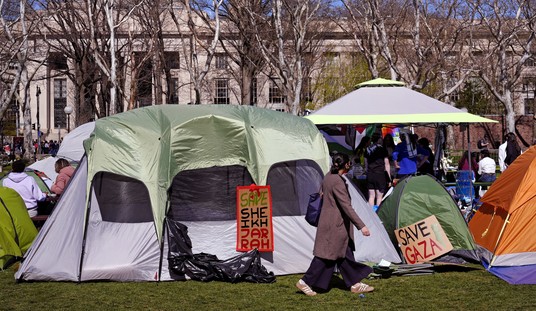

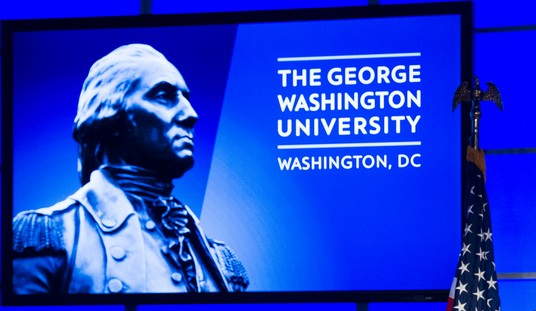
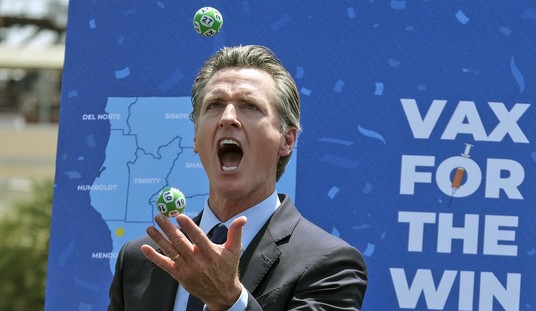
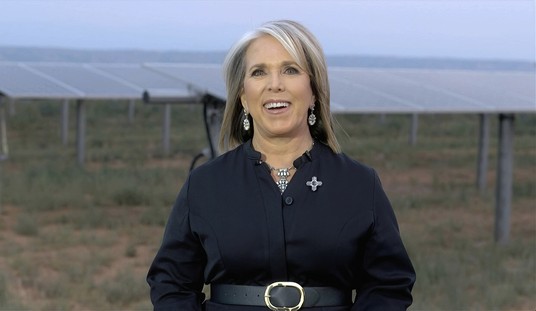


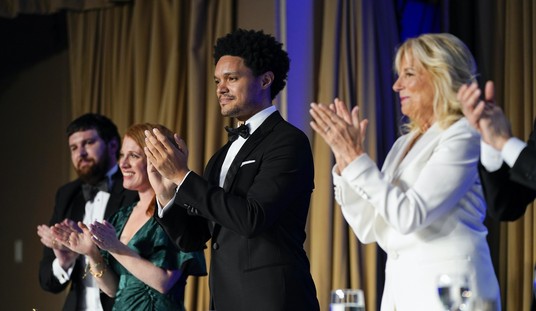

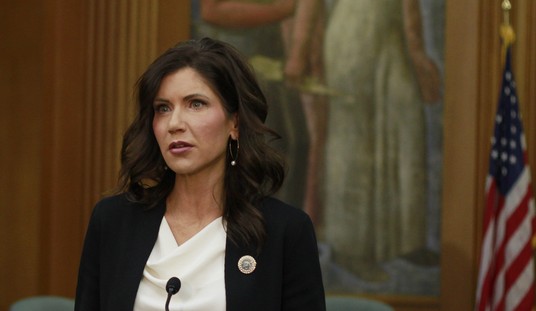
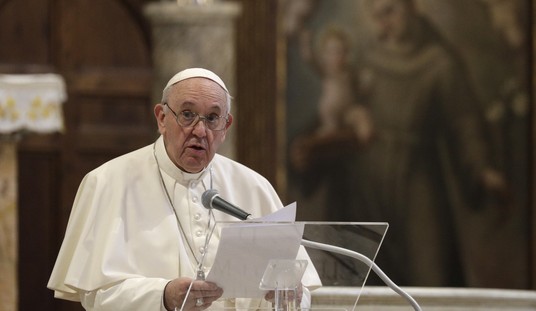
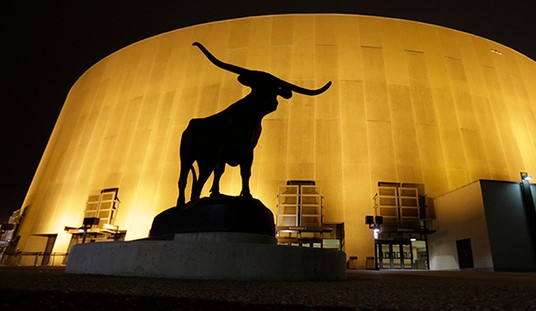
Join the conversation as a VIP Member